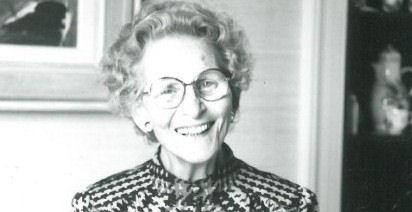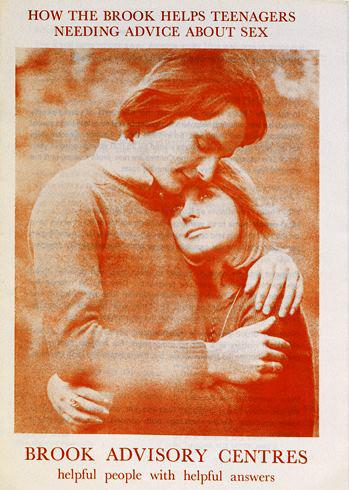Youth, Gender and Teenage Sexual Counselling in Britain: the Making of the Brook Advisory Centre, 1964-2000

Teenage sexuality and teenage access to contraception and abortion remain hotly debated topics.
These issues are not new concerns: they found their roots in the 1950s when rising incidence of premarital intercourse - or at least increasing recognition thereof – led to new anxieties around illegitimacy. This helped make young couples’ sexuality an object of increasing scrutiny. One of the first institutions to tackle these issues in Europe was Brook Advisory Centre (BAC) that opened in 1964 in London.
Its main objective was to provide sexual counselling and the provision of contraceptives for unmarried and young people to “prevent and mitigate the suffering caused by unwanted pregnancy and illegal abortion”. The history of BAC therefore constitutes an ideal case study comprising successive major episodes (as each Centre opened) to explore the changing public engagement with teenage sexuality.
This research explores the origins and development of the BAC from the 1960s to the 2000s. It is divided into three research strands, which correspond to the three parts of my planned book. Part one asks what the setting up of BAC reveals about sexual culture and politics in the sixties by focusing on the reasons and actors behind the initiative and the way they attempted to shape sexual policy. Part two looks in detail into sexual politics and its relationship with public health policy by asking what were the main guidelines of sexual counselling and public health campaign, how they changed over time and how clients’ demands and experiences shaped them. Part three explores the cultural dimension of reproductive politics by assessing the relationship between public anxieties about teenage sexuality and declining parental authority as expressed in the mass media and the BAC’s development and orientation.

